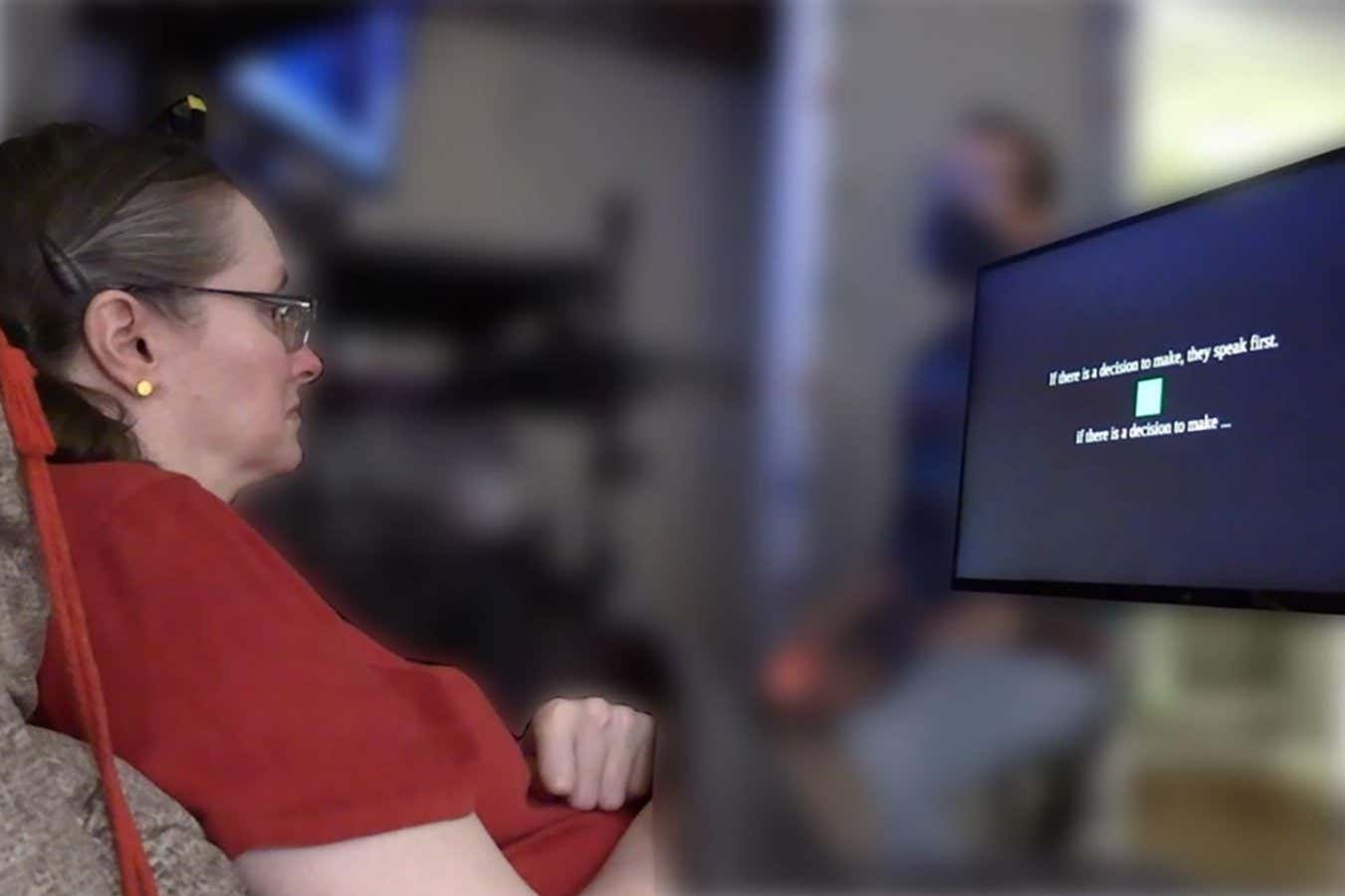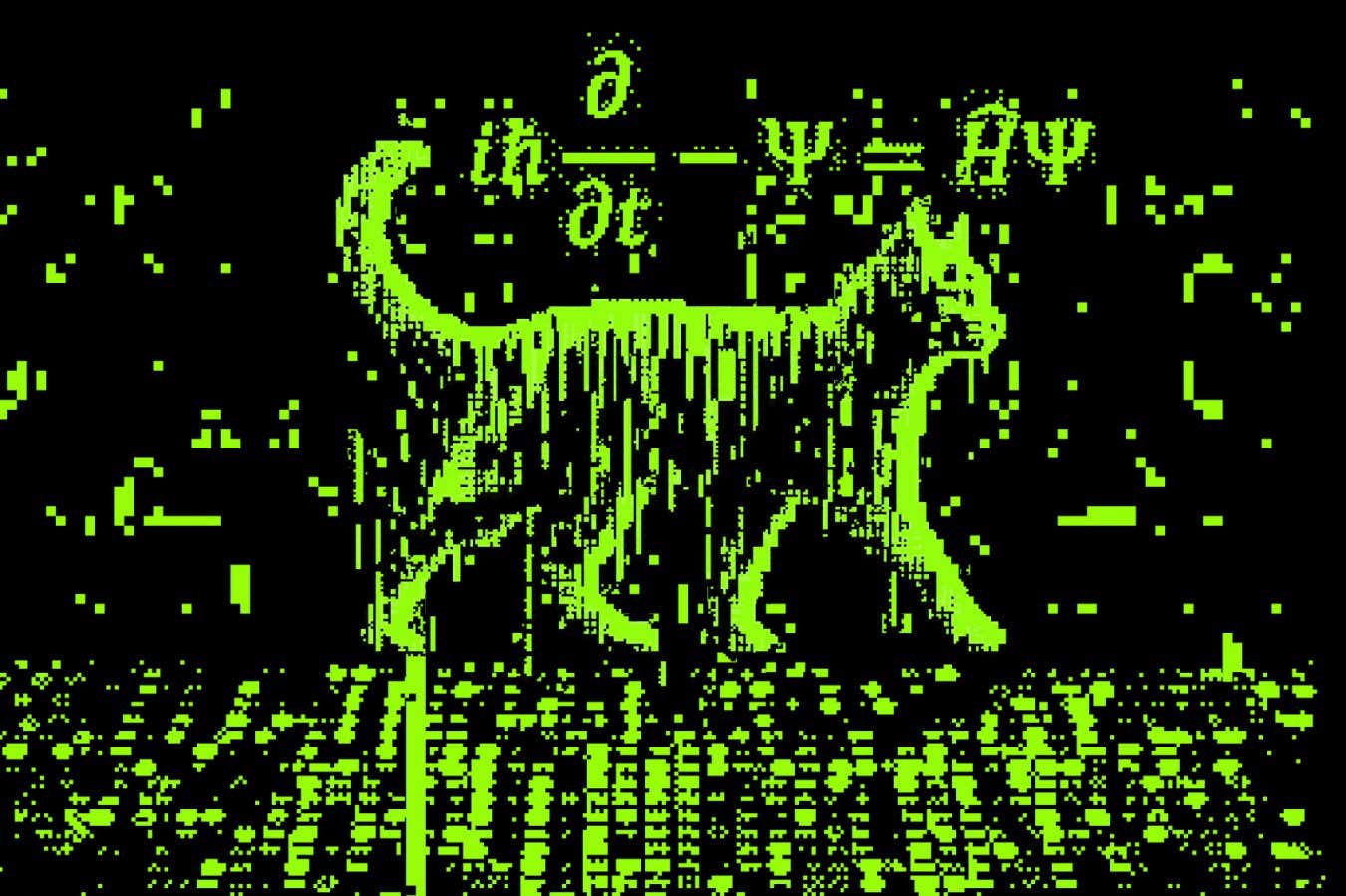Now Reading: Mind-Reading AI Converts Imagined Speech into Words
1
-
01
Mind-Reading AI Converts Imagined Speech into Words
Mind-Reading AI Converts Imagined Speech into Words

Quick Summary:
- Scientists at Stanford University developed a brain-computer interface (BCI) that enables people with paralysis to convert imagined speech into spoken words.
- The system uses AI to decode neural activity associated with imagined speech, offering an alternative to systems requiring physical attempts at speech, which can be more effortful.
- Four participants suffering from conditions like ALS or brainstem stroke tested the system. Each had microelectrodes implanted in their motor cortex, which plays a role in speech production.
- The AI was trained on a database of up to 125,000 words and accurately decoded imagined words up to 74% of the time.
- To ensure privacy,the system activates only when users think of the password “Chitty Chitty Bang Bang,” achieving 98% accuracy in detecting it.
- Participants preferred this method over those using attempted speech as it was faster and less labor-intensive but noted it still requires technical refinements for enhanced precision.
- Experts highlighted concerns about differentiating between what users intend as shared versus private thoughts and emphasized strict regulatory oversight for such systems.
campaign=RSS%7CNSNS&utmsource=NSNS&utmmedium=RSS&utm_content=home”>Read More
Stay Informed With the Latest & Most Important News
Previous Post
Next Post
Loading Next Post...

























